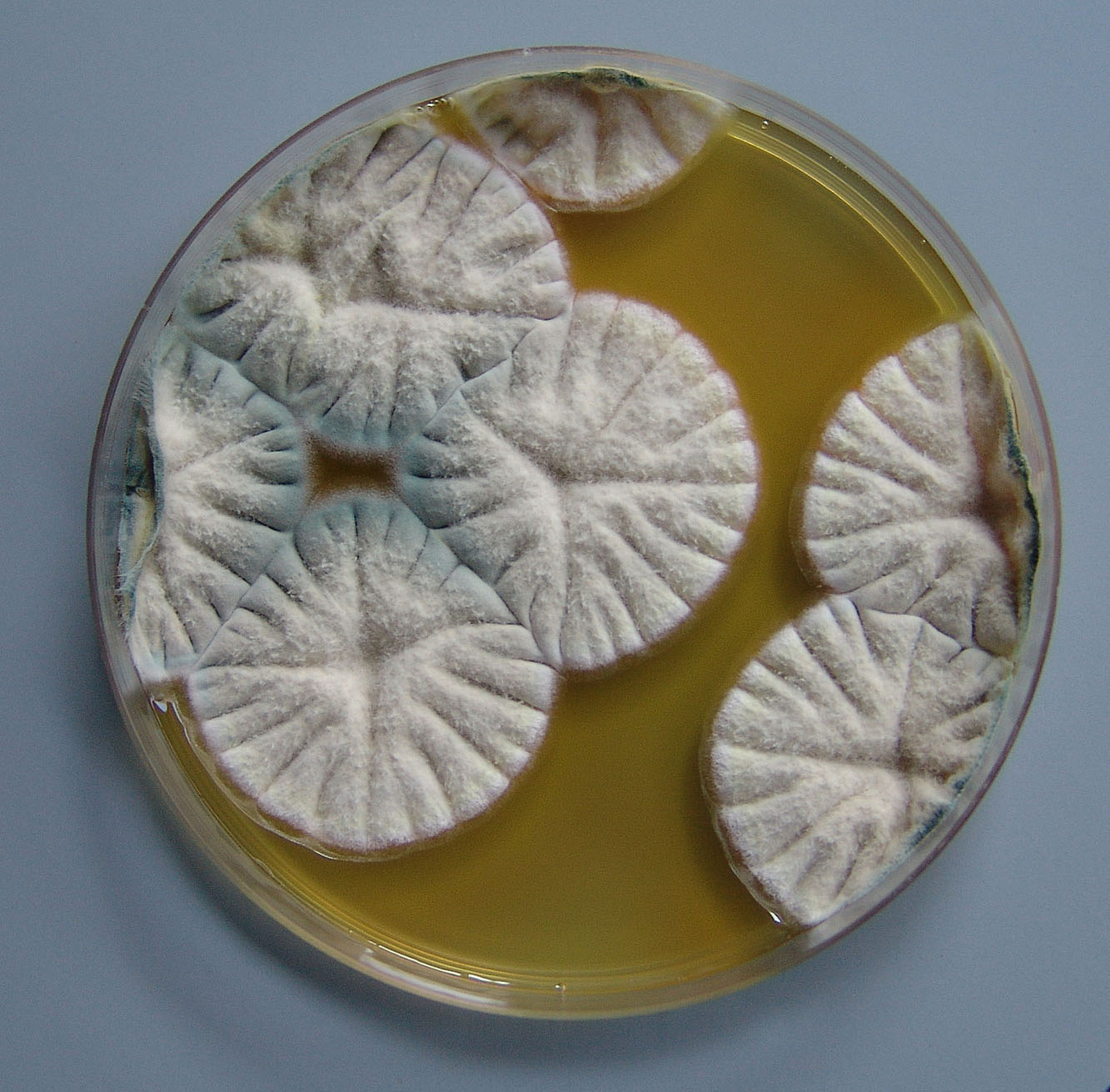
THURSDAY, Jan. 14 (HealthDay News) — Strains of drug-resistant HIV that will emerge in San Francisco within the next five years could pose a serious threat to efforts to control the HIV pandemic, according to U.S. researchers.
The researchers developed a mathematical model that tracks the transmission of multiple strains of HIV, the virus that causes AIDS. The model showed that many drug-resistant strains of HIV that have evolved over the past 10 years in San Francisco are much more easily transmitted from person to person than previously believed and are likely to cause a new wave of drug resistance in coming years.
“This isn’t just about San Francisco. It’s basically about many other communities in resource-rich countries and has significant implications for global health. San Francisco is like the canary in the mine. In fact, the most significant implications of our work are for countries where treatment is just being rolled out,” study senior author Sally Blower, director of the Center for Biomedical Modeling and a member of the AIDS Institute at the University of California, Los Angeles, said in a university news release.
“What is very unsettling is that our modeling shows that the current strategy for HIV elimination that is being proposed by the World Health Organization could inadvertently make things worse and significantly increase levels of drug resistance in many African countries,” Blower said.
The study findings are published in the Jan. 14 online edition of the journal Science.
This model can be applied to other diseases and improve understanding of the spread of treatment-resistant pathogens, the researchers noted.
More information
The U.S. National Institute of Allergy and Infectious Diseases has more about HIV treatment.

